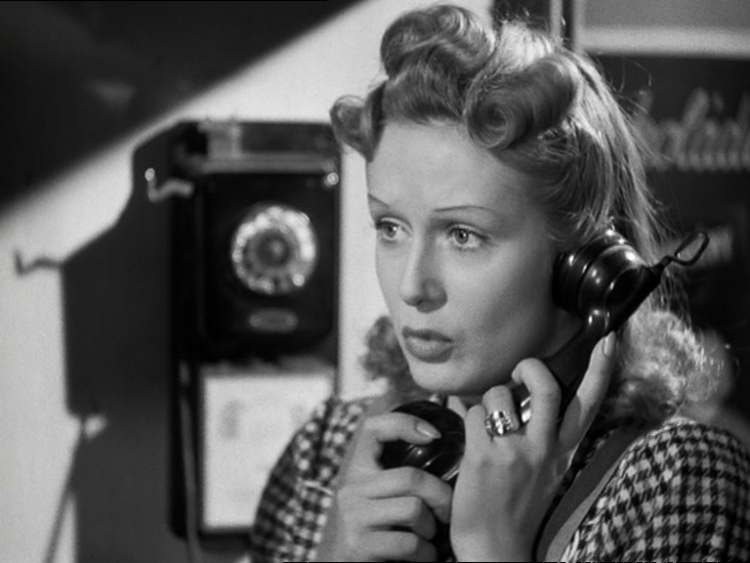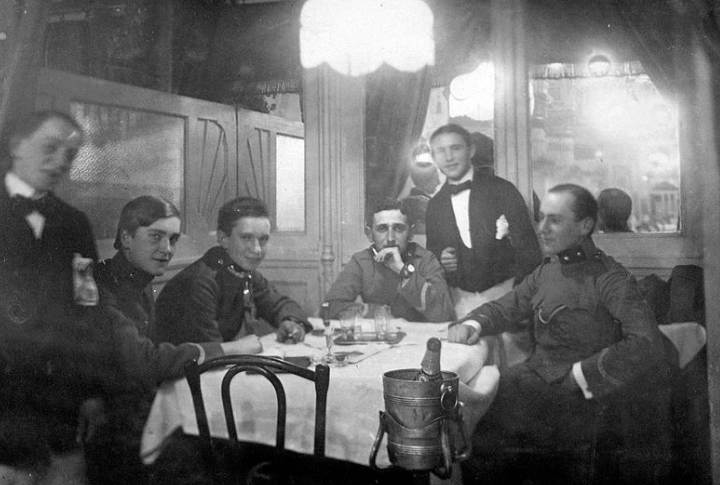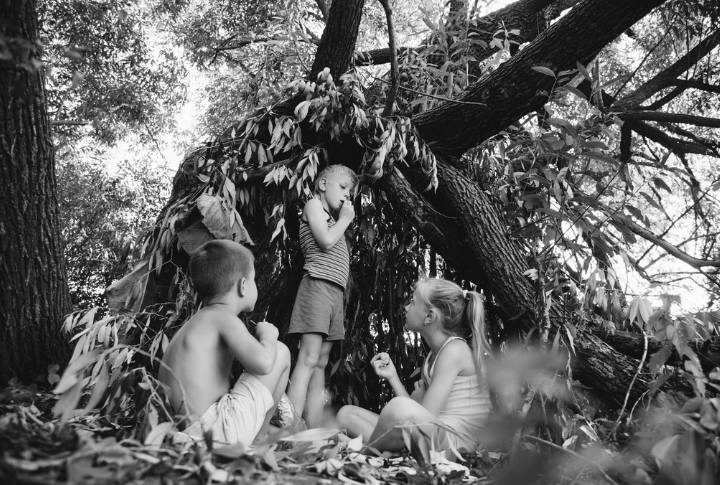
Growing up in a different era comes with its own customs and norms, many of which can seem downright unbelievable to younger generations. If you’re Gen Z, you might find it hard to imagine a world without smartphones or streaming services. But Baby Boomers lived in a time when many of today’s conveniences and safety standards simply didn’t exist. Here are 18 things Baby Boomers did that would leave Gen Z astonished.
Drinking Water from the Hose

Running inside for bottled water? Not a chance. Baby Boomers quenched their thirst straight from the garden hose, utterly unfazed by potential contaminants. The idea of water filtration was not a priority; kids drank straight from the source and survived just fine.
Riding in Cars Without Seat Belts

Forget about buckling up. Many Baby Boomers remember bouncing around in the backseat with no seat belts in sight. Cars had seat belts, but their use was often optional and not strictly enforced.
Using Rotary Phones

Dialing a number takes patience and precision. Each number has to be carefully rotated into place. Hanging up on someone requires an actual physical motion, which means slamming down the phone has a certain satisfaction.
Watching Black and White TV

Color TV was a luxury. Many Baby Boomers grew up watching their favorite shows in black and white, a concept that seems almost prehistoric in today’s HD world. Those grainy images still hold a nostalgic charm for many.
Playing with Dangerous Toys

Sharp edges, small parts, and even hazardous chemicals were all part of playtime. Toys like lawn darts and chemistry sets with actual chemicals would never pass today’s safety standards but were common fixtures in Boomer households.
Driving Cars with Manual Transmissions

Operating a car wasn’t just about steering and braking. Every driver needed to master the skill of changing gears manually. This may seem like an unnecessary complication for Gen Z, accustomed to automatic transmissions and even electric cars.
Using Physical Maps for Navigation

Navigating a road trip required a good sense of direction and a trusty paper map. GPS technology didn’t exist, so getting lost meant pulling over and unfolding a massive map to find the way.
Writing Letters and Postcards

Communicating with loved ones often involved pen, paper, and a postage stamp. Instant messaging was a distant dream, so waiting days or weeks for a reply was the norm.
Paying for Long-Distance Phone Calls

Keeping in touch with friends and family living far away could raise hefty phone bills. Long-distance calls were a luxury and often kept brief to avoid high costs.
Memorizing Phone Numbers

Before smartphones, knowing phone numbers by heart was essential. Everyone had a mental Rolodex of important contacts, a practice that seems almost unnecessary today.
Smoking Everywhere, All the Time

Lighting up a cigarette in a restaurant, on an airplane, or even in the office was completely normal. Public spaces were filled with smoke, unimaginable in today’s health-conscious society.
Typing on Manual Typewriters

Writing documents involved the satisfying clack of a manual typewriter. There was no backspace key, so mistakes required white-out or starting over, making each word a deliberate choice.
Listening to Music on Vinyl Records

Music lovers cherished their vinyl records, which occasionally cracked and popped. Listening to a favorite album meant carefully placing the needle and enjoying the whole record, not just a single track.
Using Phone Booths and Pay Phones

Making a call away from home often meant finding a payphone and having enough change. Phone booths were a common sight, providing a lifeline in the pre-cellphone era.
Collecting Green Stamps

Shopping often came with an added bonus: green stamps. These stamps were collected in booklets and later redeemed for household items, a loyalty program that predates modern rewards cards.
Leaving Kids Unattended in Cars

Running quick errands often meant leaving kids in the car without a second thought. Today’s parents would be shocked at the level of trust and lack of concern over potential dangers.
Letting Kids Play Outside Unsupervised

Children enjoyed a level of freedom that’s rare today. Playing outside until the streetlights came on as standard, with minimal adult supervision and plenty of adventures.
Spanking and Corporal Punishment

Disciplinary measures often included spanking, both at home and in schools. Corporal punishment was widely accepted and seen as a normal part of parenting and education.


Comments
Loading…